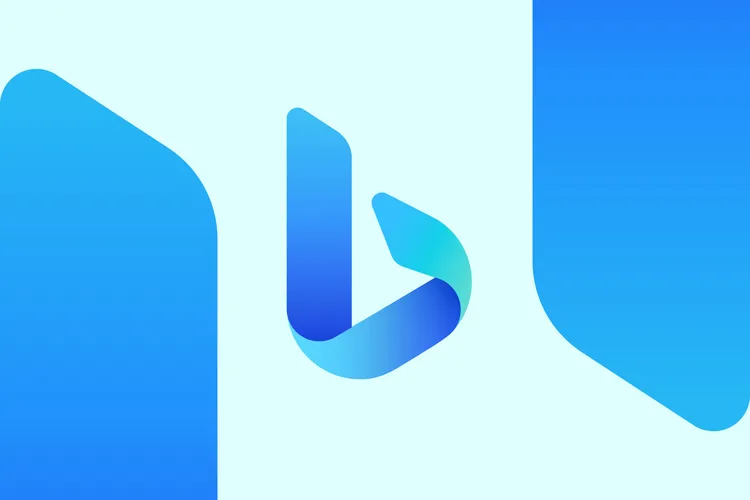In the realm of web browsers, Google Chrome and Apple Safari have long been dominant players, offering users seamless internet experiences. Now, Microsoft’s Bing is set to revolutionize how users interact with search results on these popular browsers with the introduction of “Bing Chat.” This innovative search interface, powered by OpenAI’s advanced technology, promises to transform traditional search interactions
Microsoft’s AI chatbot, Bing Chat, is expanding beyond Microsoft browsers and becoming available to a wider range of users. Previously, it was limited to Microsoft products like the Bing mobile app and Microsoft Edge browser. The expansion to other browsers like Google Chrome and Apple’s Safari has been confirmed by Microsoft, although it has not been officially announced yet. Bing Chat is currently undergoing testing on Safari and Chrome with select users. Once the testing procedures are complete, access to Bing Chat will be expanded to even more users. Users who have gained access to the Bing AI chatbot on Windows have reported receiving a pop-up in the taskbar, offering the chance to try Bing AI in Chrome. Alternatively, users can visit Bing.com on their preferred browser and click on the “Chat” icon to experience Bing Chat. In our own testing, we were able to access Bing Chat in Chrome but not Safari, which suggests that access is limited to a specific group of users during the testing phase.
The Fusion of AI and Search: Introducing Bing Chat
Discover the enhanced Bing Chat experience powered by OpenAI’s GPT-4 model. However, it appears that using the AI chatbot in other browsers may have some limitations compared to the original version. Reports suggest that Bing Chat in Chrome only supports five messages per conversation, whereas Microsoft Edge offers 30. Additionally, there are differences in character limits, with Chrome allowing 2,000 characters and Edge supporting 3,000. When asked for more information about these variations, Microsoft declined to comment. The company also did not specify when the expansion to other browsers began, or which platforms are supported. We will have to wait and see as more details unfold.
Bing Chat represents a significant leap forward in the evolution of search engines. Combining the expertise of Microsoft’s Bing search engine with OpenAI’s cutting-edge language processing capabilities, Bing Chat is poised to redefine how users engage with search results.
- Natural Language Interaction: Traditional search engines often require users to input concise, keyword-based queries. With Bing Chat, users can interact naturally, as if having a conversation with a human. This innovative feature empowers users to ask questions and seek information in a more intuitive manner.
- Contextual and Conversational Responses: Powered by OpenAI’s GPT-3 technology, Bing Chat provides detailed and contextually relevant responses to user queries. The chatbot engages in dynamic conversations, refining search results based on follow-up questions and contextual understanding. This fosters a more interactive and user-friendly search experience.
- Personalized Recommendations: Through continuous learning and AI-driven algorithms, Bing Chat can understand individual user preferences and deliver personalized search results. This level of customization ensures that users receive more relevant information tailored to their specific interests.
- Voice-Activated Interactions: Bing Chat is fully compatible with voice-activated searches, allowing users to access information hands-free. This voice interaction capability caters to the growing popularity of voice-enabled devices and facilitates effortless information retrieval.
Potential Impact on Search Interactions
The integration of Bing Chat with Chrome and Safari has the potential to revolutionize how users interact with search results:
- Enhanced User Engagement: Bing Chat’s natural language interaction fosters a more engaging and interactive search experience. Users can ask questions in a conversational manner, making the search process feel more like a dialogue than a transaction.
- Increased Efficiency: The conversational nature of Bing Chat allows users to refine their queries on-the-fly. This reduces the need for multiple searches and accelerates the process of finding relevant information.
- Greater Personalization: With Bing Chat’s AI-driven algorithms, users can expect search results that are tailored to their individual preferences and interests. This personalized approach enhances user satisfaction and promotes return usage.
- Empowering Voice Search: Voice search is becoming increasingly popular, especially with the rise of smart speakers and virtual assistants. Bing Chat’s compatibility with voice-activated interactions ensures a seamless and user-friendly voice search experience.
- Advancements in AI-driven Search: The collaboration between Bing and OpenAI signifies significant advancements in AI-powered search technologies. As Bing Chat evolves, users can look forward to even smarter and more context-aware search results.
Excitingly, Bing Chat is also exploring a native dark theme, although it is not widely available currently. Since its launch, Bing Chat has been steadily making its way into various Microsoft products. Within weeks, it was integrated into the Bing mobile app, Edge browser for iOS, Android, and desktop, as well as Skype. Now, Microsoft plans to introduce a business-focused version of Bing Chat with enhanced data privacy and governance controls. Additionally, Visual Search, which allows the chatbot to respond to queries about uploaded images, is being rolled out. Stay tuned for more updates.
